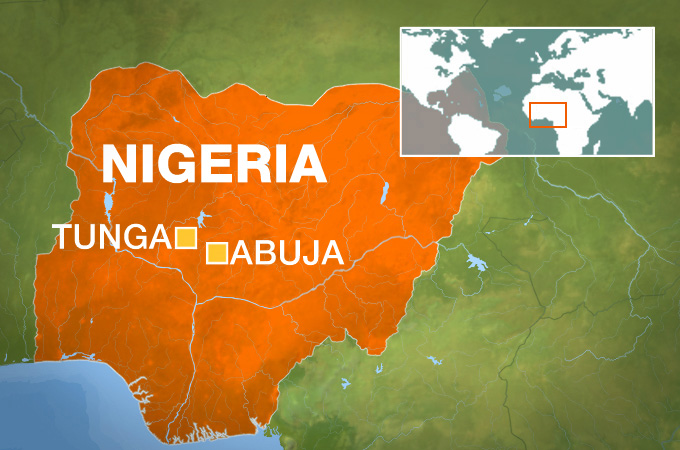Armed men have freed more than 200 prisoners from a jail in central Nigeria, in the third mass prison break in the country since November, police said.
More than 200 inmates were freed in the attack in Tunga, 250km northwest of the capital Abuja. At least 10 were recaptured by Sunday morning, Deputy Superintendent Ibrahim Gambari told the Associated Press news agency.
Saturday’s incident was the third of its kind in the past two months in Nigeria, where jailbreaks are frequent and police only find a fraction of those who escape.
More than 300 inmates broke out of a prison bombed by gunmen in southwest Ekiti state this month and 144 escaped from south-central Kogi state on November 3 when gunmen bombed a prison wall.
Blame for many of the attacks has been levelled at Boko Haram. It is not known how many hundreds of Boko Haram suspects are held in Nigerian jails.
Herman Cohen, former US Assistant Secretary of State for African Affairs, told Al Jazeera it was what unlikely Boko Haram were behind the raid, and since it was outside of the groups geographical area of operations, it was most likely orchestrated by corrupt officials and involved pay-offs.
“It looks like a standard prison break, organised from within,” Cohen said.
“Ever since the civilian government came to power in 1999, the military and police have been neglected, with salaries not being paid… there needs to be a re-organisation otherwise the security situation will continue to deteriorate,” he added.
Only 18,042 of 56,785 inmates have been convicted of a crime, according to statistics dated June 30 and posted on the website of the Nigeria Prisons Service.
Officials have said how appalled they are about conditions in the jails, where inmates often sleep on cement floors without mattresses or bedding, food is in short supply and most medical services are non-existent.
The vast majority of people held in Nigerian jails are awaiting trial, some of them for many years, even though it is illegal to hold someone for more than 48 hours without bringing charges or presenting them to a magistrate.
Source: BBC


